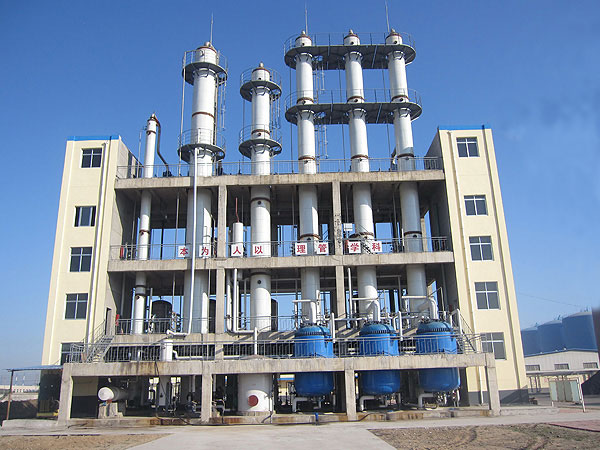Process For The Production Of Ethyl Acetate
Nov. 01, 2018
Ethanol is dehydrogenated at the presence of hydrogen over a dehydrogenation catalyst, as an instance, a copper on silica catalyst. At the same time, We adopt Ethyl Acetate Technology. The liquefiable products within the intermediate reaction product mix are hydrogenated over a suitable catalyst, for example 5 percent ruthenium on carbon, in order to hydrogenate reactive carbonyl-containing by-products into the corresponding alcohols. Butan-2-one and n-butyraldehyde are therefore hydrogenated to 2-butanol and n-butanol respectively. Both phase distillation process is then utilized to purify the hydrogenated product. Ethyl Acetate Production Technology is advanced. A primary distillate of ethyl acetate, water and ethanol generated from the first distillation zone is redistilled from the second distillation zone, thus creating a base product containing, typically, from approximately 99.8 mol% to approximately 99.95 mol percent ethyl acetate and an overhead next distillate, which includes a different composition from that generated from the first distillation zone and that can be returned to the initial distillation zone. This is Ethyl Acetate Production Process.















